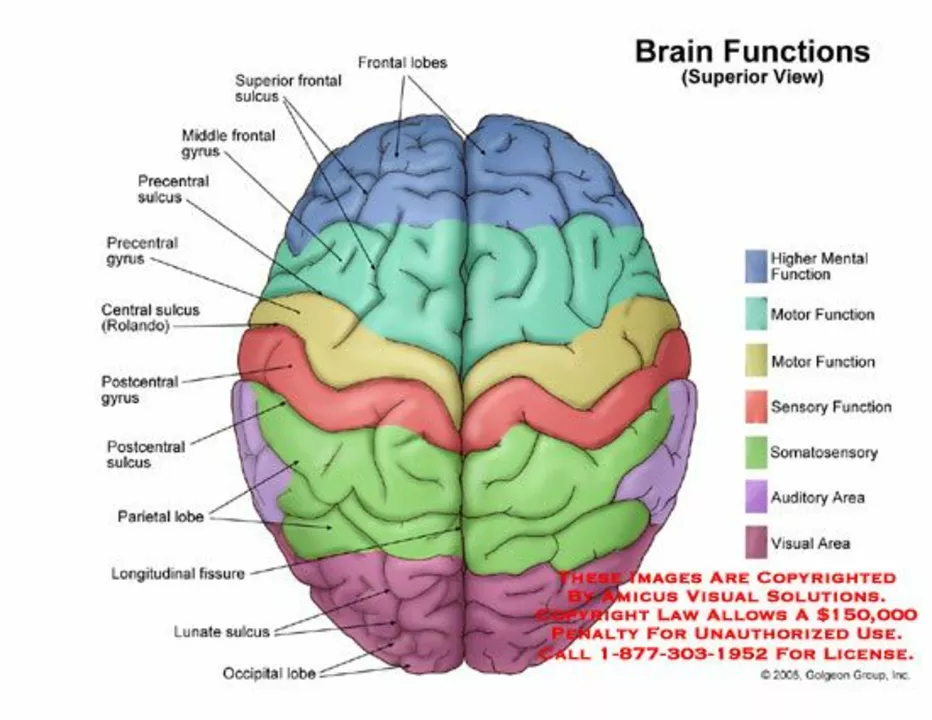Calcium Acetate — what it does and who needs it
If your doctor mentioned calcium acetate, they most likely want to lower high blood phosphate. This drug is a phosphate binder used mostly by people with chronic kidney disease (CKD) or on dialysis. Taken with meals, it grabs phosphate from food in the gut so less gets into your blood.
How it works and when you need it
Calcium acetate binds dietary phosphate during digestion. You take it with food so it can attach to phosphate in the stomach and intestines. That bound phosphate passes out in stool. Doctors prescribe it when blood phosphate stays high despite diet changes — because high phosphate can cause bone and heart problems over time.
Typical use is with each meal, but your exact dose depends on your lab results, kidney function, and other meds. Don’t change the dose on your own. Your care team will check blood calcium and phosphate regularly to adjust treatment.
Side effects, interactions, and smart tips
Common side effects are mild: constipation, upset stomach, and nausea. A bigger concern is high blood calcium (hypercalcemia). Watch for symptoms like weakness, confusion, or excessive thirst and tell your provider if those happen.
Some drugs don’t mix well with calcium. It can reduce absorption of levothyroxine, certain antibiotics (quinolones, tetracyclines), and some iron or zinc supplements. To avoid this, separate calcium acetate and those meds by about two hours — ask your pharmacist for exact timing.
Practical tips: always take calcium acetate with meals, swallow tablets whole, and don’t use extra calcium supplements unless your doctor says so. Keep a food diary if you want to spot high-phosphate meals (processed foods, cola, dairy, and certain meats often contain more). Bring your med list and recent lab results to appointments so your clinician can fine-tune dose.
If you’re pregnant, breastfeeding, or have a history of high blood calcium, heart rhythm problems, or severe liver disease, mention it before starting treatment. Also tell your team if you’re on dialysis — dosing often changes for people on renal replacement therapy.
Alternatives exist if calcium acetate isn’t right: non-calcium binders like sevelamer or lanthanum may be used, especially when calcium levels are already high. Each option has its own pros and cons, so ask your nephrologist which fits your situation.
When should you call the doctor? Get medical help for persistent vomiting, severe constipation, signs of high calcium (muscle weakness, confusion), or chest pain. Also call if you miss several doses and aren’t sure how to restart.
Short and useful: take calcium acetate with food, watch calcium and phosphate labs, space it from certain drugs, and talk to your kidney team about alternatives if you have problems. Small habits — timing, diet, and lab checks — make this medicine work better and safer.

- Apr 27, 2023
- SkyCaddie Fixer
- 12 Comments
The Connection Between Calcium Acetate and Mental Health
In my latest research, I've discovered a fascinating connection between calcium acetate and mental health. Calcium acetate, a compound commonly found in some medications and food additives, appears to play a role in maintaining our mental well-being. Studies have shown that this compound can help regulate neurotransmitters, which are essential for proper brain function and mood regulation. It's incredible to think that something as simple as calcium acetate could have such a significant impact on our mental health. I'm eager to explore this topic further and share more findings with you all in future blog posts.
